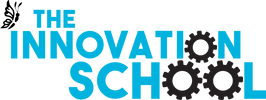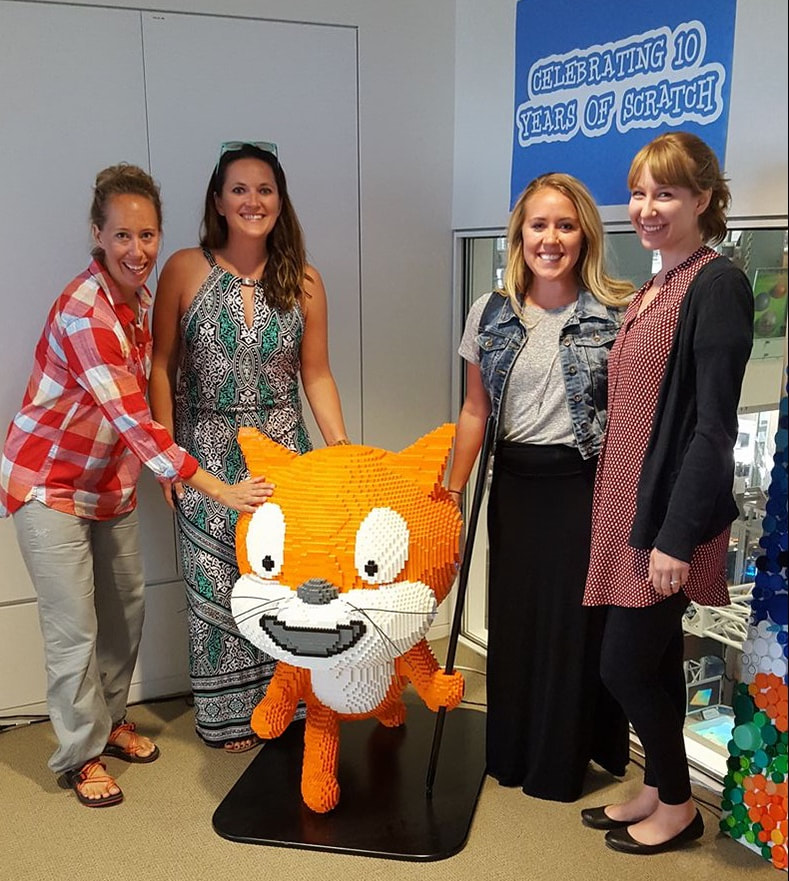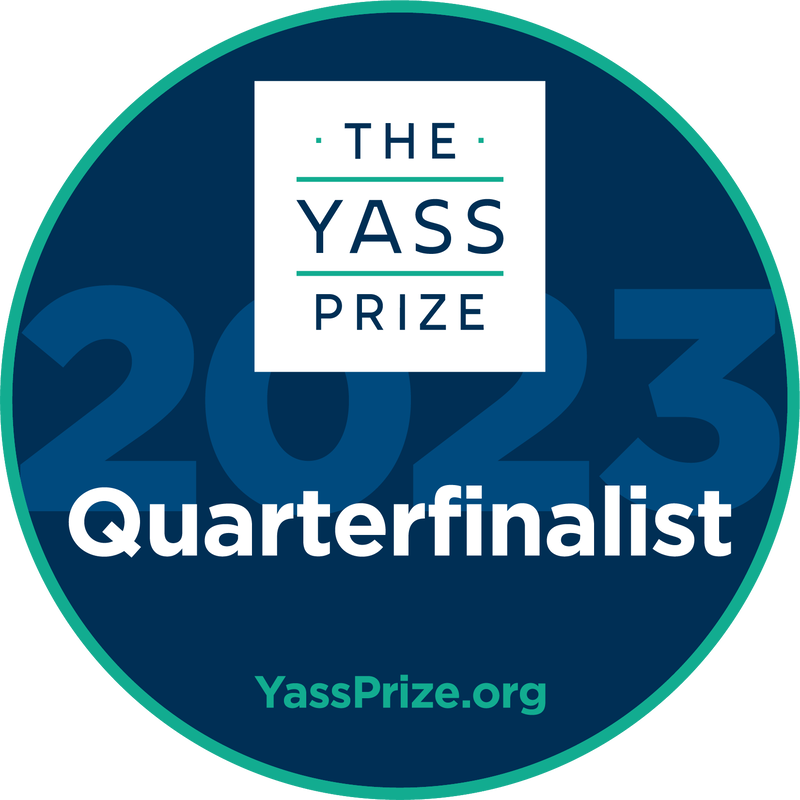|
The Innovation School team arrived in New Hampshire late last night for the Constructing Modern Knowledge conference in Manchester. This morning, during our introduction, we were informed that this isn't a "conference" or "workshop" but rather a chance to engage ourselves as learners instead of teachers. We were called upon to trust the process for project development and really try to immerse ourselves as learners, rather than consider each aspect of what we are learning and how it should/could be applied in the classroom. Trusting the process is challenging, but even learning the design process of creating project ideas has been inspirational. The amount of "makerspace" items this place has is incredible... 3 rooms full of sewing machines, LED lights, LEGOs, robotics kits, soldering kits, tools, craft supplies, motors, circuit boards, switches, Makey Makeys, Raspberry Pis, cardboard, paper, felt and more... it seems everything you could ask for to work on a project and create something. (Everything except a Peltier Thermoelectric Cooler, which we needed, but hey, it's a project - be adaptable!) After working on our project for a large part of the day, we were bussed to Boston for an enlightening experience at the MIT Media Lab. First, we were able to listen to Neil Gershenfeld discuss his project to create Fab Labs throughout the world, and his vision to make them as ubiquitous as smartphones in the next 50 years. Neil is credited as the founder of the modern maker movement and was impressive to listen to. No wonder his class at MIT "How To Make (Almost) Anything" is one of the most sought after classes at MIT and continues to expand across disciplines on campus. We also got some insight into a delightful program called Haystack Mountain School of Crafts in Maine that pairs an immense maker lab with craftspeople to help them use technology to further their craft and art. We also heard from two colleagues at MIT, including Skylar Tibbits, who showed us a little of his work in 4D printing... a fascinating process of using a printer to print in a gel-like substance, which eliminates gravity and is done in much shorter time. The last to speak was the delightfully engaging and obviously brilliant faculty member, Eric Rosenbaum. He was inspired early in his college career with his love for music and computer coding. This brought about the co-creation of the wonderfully useful Makey Makey, seen in the video below. Eric is currently working on staff at MIT developing the latest edition of Scratch 3.0. I would love to have spent more time listening to him, as well as ask him some questions about his time during K-8. What inspired him about his early education? What would he recommend teaching young children today so that they can grow up to be not only accomplished, but creative, possessing ingenuity, and following a passion to look for more ways to impact the world? He had a sense of wonder that shone through when he spoke... a testament to his membership in the Lifelong Kindergarten group. (Also, check out his new experimental extension on ScratchX... pairing Scratch with Spotify. Highly entertaining and educational to boot!) Wow... it was a terrific day. It's exciting to see where our project will lead us this week, to see what other inspiring educators we will meet, and more importantly, how we will bring our knowledge back to North Dakota to construct an environment and experience for our local children in grades K-5. This world is changing so quickly. We need our children to be competent, adaptable, and ready for the challenge of the design revolution (Industrial Revolution, Technology Revolution... time to move over!). Thinking differently about education gives our children the edge they will need to be confident, successful, and knowledgeable in the modern world. #cmk17
0 Comments
Leave a Reply. |
AuthorMaggie Barth - Director and Founder of The Innovation School Archives
January 2023
Categories |


 RSS Feed
RSS Feed
